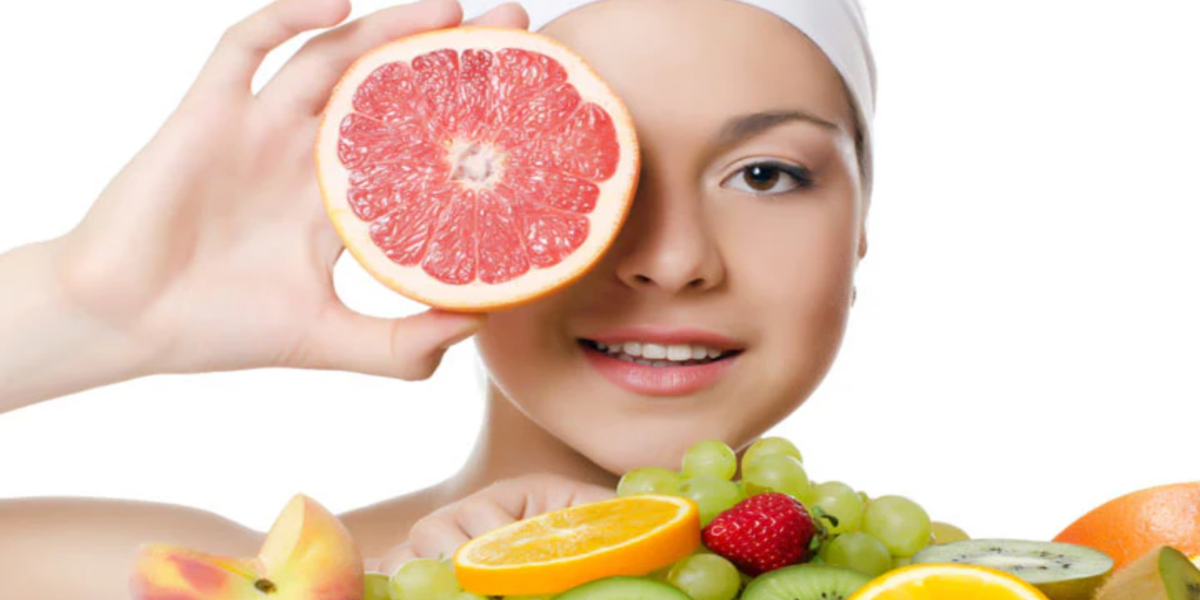Achieving healthy, radiant skin requires more than just a robust beauty routine; it also demands a well-balanced diet, according to Luis Alberto Zamora, author of Eating is Easy if You Know How. Zamora emphasizes that the condition of our skin, hair, and nails reflects our nutritional choices as much as the cosmetics we use.
“Healthy skin isn’t solely the result of external care; it’s significantly influenced by the nutrients we consume,” Zamora explains. He highlights the importance of a diet rich in vitamins and antioxidants, especially for those exposed to high levels of sunlight.
Sun exposure not only increases the production of free radicals through UVA and UVB rays but also accelerates photoaging and dehydrates the skin, making internal nourishment even more critical.
Hydration & nutrition for skin health
Proper hydration is fundamental to maintaining healthy skin. Zamora points out that while certain foods are popularly thought to be hydrating, others offer better hydration benefits.
“For instance, a 55-gram serving of lettuce only provides about a fifth of a glass of water. In contrast, foods like tomatoes, leafy greens, and even canned white asparagus are superior choices for keeping the skin hydrated,” he notes.
Read More: Expert-backed tips for healthy hair
Zamora also underscores the importance of key nutrients that aid in skin regeneration, particularly vitamins A, E, and the B group. “Vitamin C is crucial for collagen formation—a protein essential for maintaining the skin’s firmness, elasticity, and hydration,” he adds.
Citrus fruits such as oranges, lemons, and grapefruit are excellent sources of vitamin C, but Zamora highlights red bell peppers as a particularly potent option, especially when consumed raw in salads or smoothies. Other recommended fruits include kiwis, guava, mango, papaya, and raspberries, which provide both hydration and essential nutrients.
Role of antioxidants
In addition to hydration, Zamora emphasizes the role of antioxidants in protecting the skin from the harmful effects of prolonged sun exposure. While these foods cannot replace sunscreen, they complement its protective effects by neutralising free radicals generated by sun exposure, which accelerate the aging process.
Zamora particularly advocates for the inclusion of blueberries in the diet, noting their high content of antioxidants such as flavonoids, anthocyanins, phenols, and vitamin C. Combined with vitamin E, these nutrients offer robust antioxidant protection.
He also recommends broccoli, especially when steamed to preserve its nutritional value, as it is rich in lutein and zeaxanthin, which are beneficial for both skin and eye health. Additionally, grapes, carrots, and green tea—rich in catechins—are highlighted for their anti-inflammatory and antioxidant properties, which contribute to overall skin health.
By integrating these nutrient-rich foods into one’s diet, Zamora suggests that individuals can significantly enhance their skin’s health and resilience, complementing their external skincare routines.














